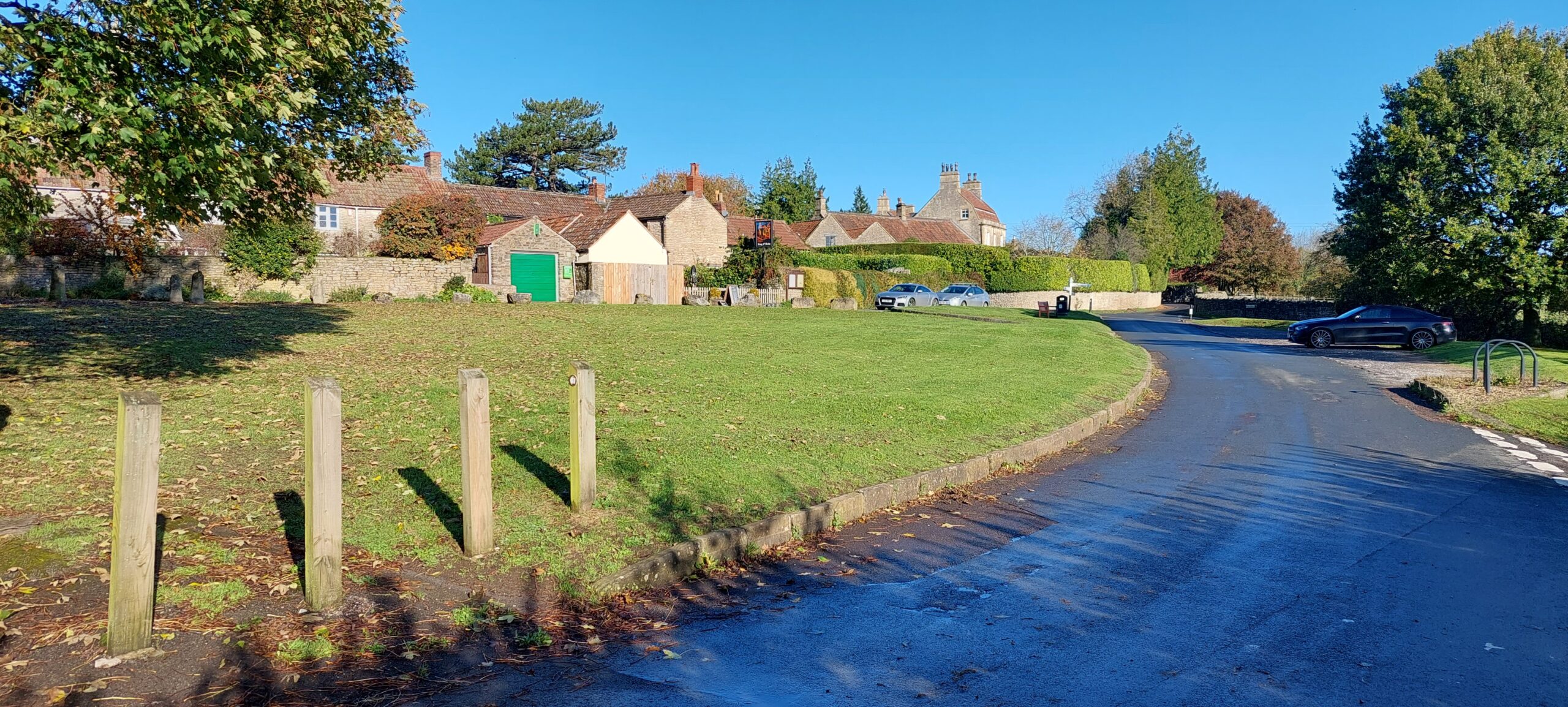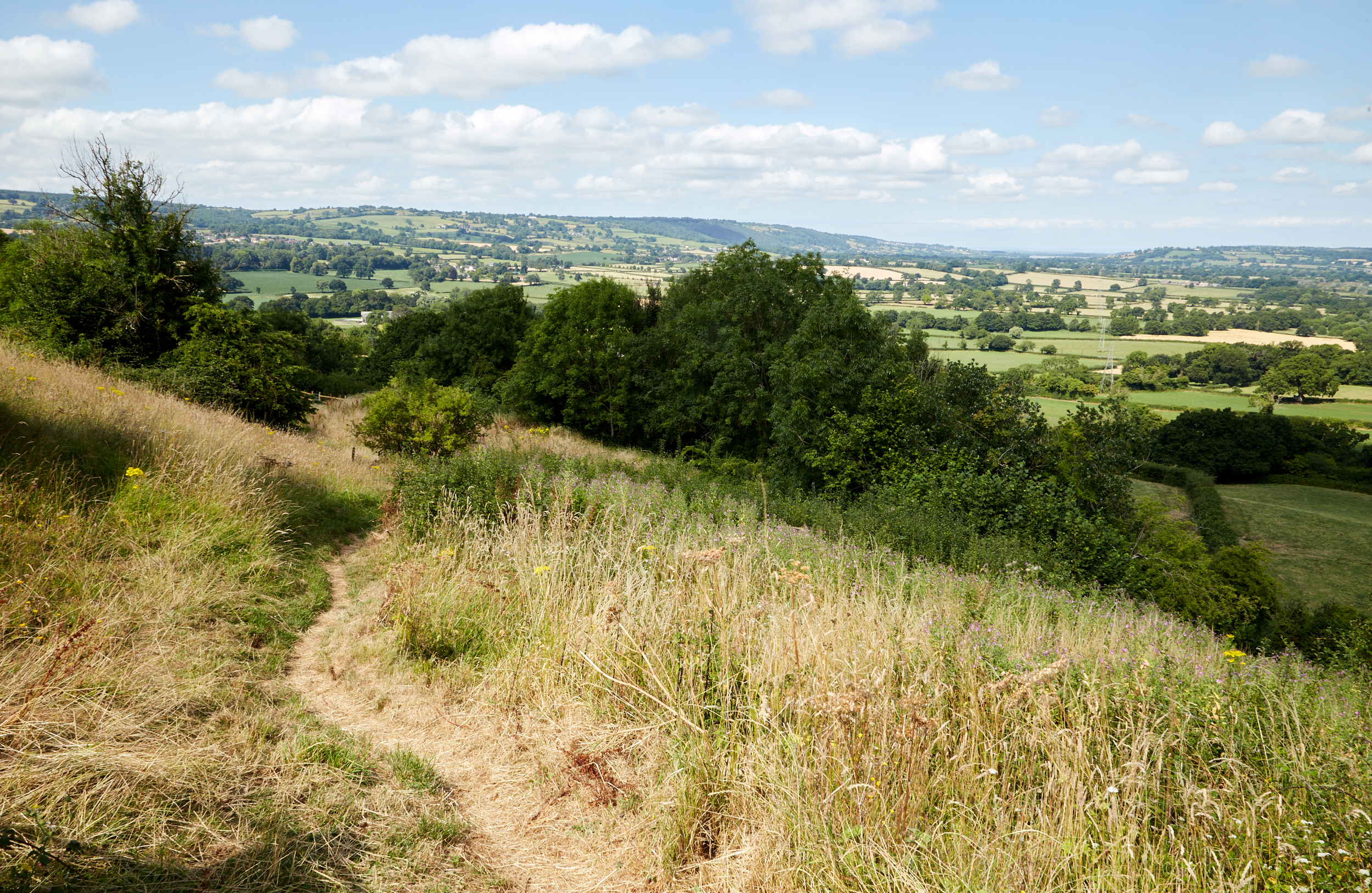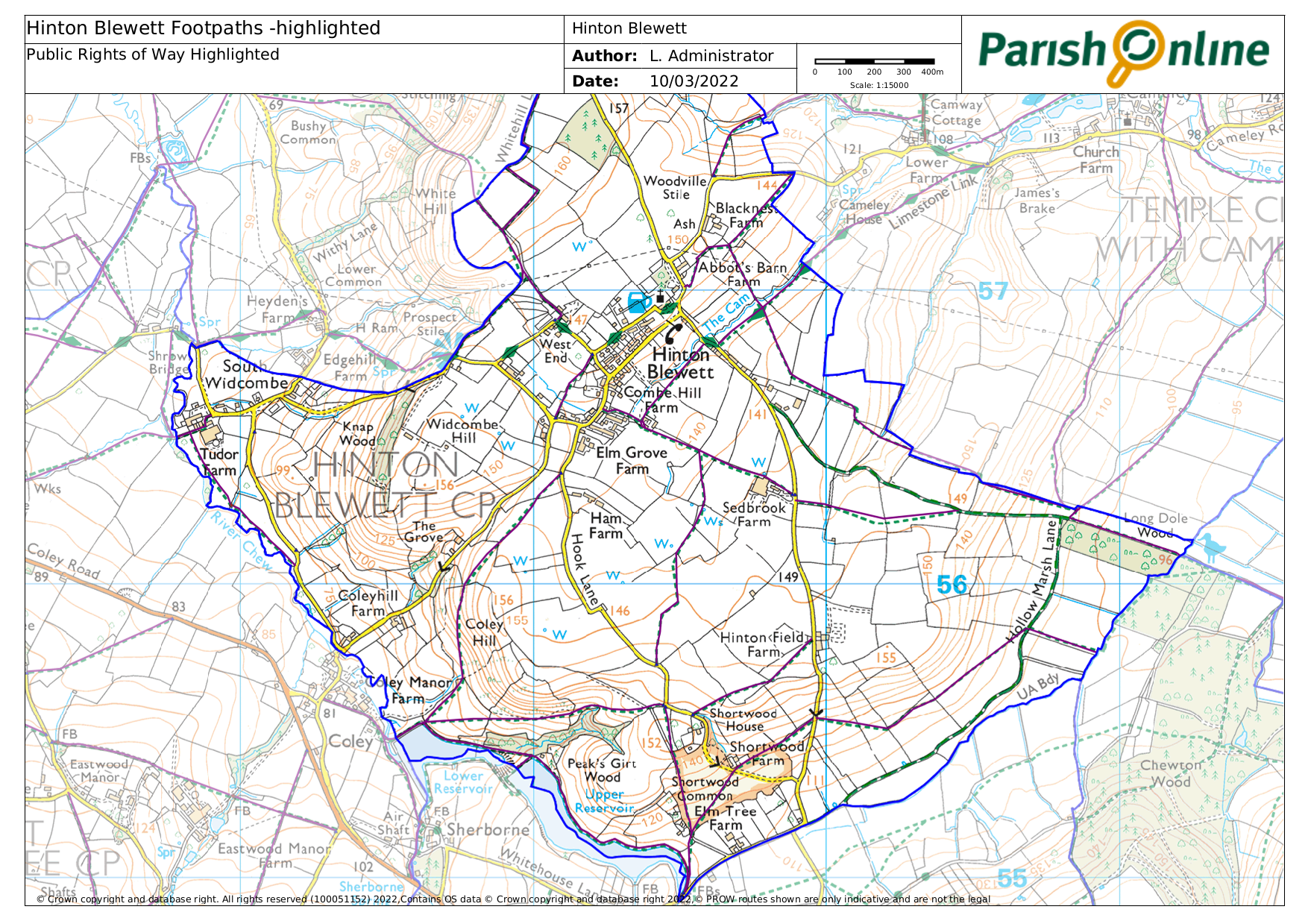
Hinton Blewett Parish Council
does not currently need new members.
When the Parish Council has vacancies
we need new members of the community to join the council.
Can you help with:
– Ideas to shape the future of Hinton Blewett
– Where to award grants
– How to spend the funds assigned to community projects
– How to benefit all areas of the community
– Sharing skills and experience
– Training provided


BECOMING A PARISH COUNCILLOR
If you are passionate about your local community, we need you. Councillors make a huge difference to the quality of life of local people and how local issues are dealt with. We need people from all backgrounds and experiences who reflect the communities they serve to put themselves forward for election.
Being a councillor is all about giving back to your community by bringing your energy, passion, and hard-working attitude. You can make a real difference to the local community and wider society in many ways as a councillor. For example, you could be representing the views of local people to ensure the community gets the right services, supporting a resident with an issue, or helping to shape the community by driving new ideas.
Being a councillor is a varied and highly fulfilling role. You don’t need any experience or special qualifications, and you’ll gain lots of new skills, experience, knowledge, and confidence. It helps to be good at listening and approachable, sharing your views in a collaborative approach to bring about the best outcomes for all parts of the community.
The role brings people together. Councillors work with a diverse range of people from their community and have officers to support them in their role at the council. Councillors lead the local conversation: you can be part of that to make your area the best place it can be.

Councillors serve and represent the community in many ways, for example:
- Talking to constituents by phone, email and letter, social media, home visits, drop-in sessions, street or community meetings, and local events.
- Responding to queries and issues from local people, investigating concerns, helping with solutions.
- Keeping the community informed about local issues and events – for example through email, newsletters, blogs, social media and in person.
- Reading council meeting agendas and reports, research and evidence to understand issues and participate in discussions and decisions.
- Attending formal council meetings as well as meetings with local partners and organisations.
- Working collaboratively with local people, voluntary and community organisations, police, health partners, and businesses to shape the future of the local area. Building strong relationships and encouraging people to get involved and share their views and ideas.
- Some councillors have extra responsibilities, for example specific council projects, committees or other groups.
Hinton Blewett Parish Council is a local authority that makes decisions on behalf of the people in the parish and has an overall responsibility for the well-being of its local community. It is the level government closest to the community, with the BANES district authority above it in the hierarchy. As it is the authority closest to the people, parish councils are invariably the first place people will go with concerns or ideas. For this reason they are a vital part of any community.
Its work falls into three main categories:
- representing the local community
- delivering services to meet local needs
- striving to improve quality of life in the parish
As a Parish Councillor you help make decisions as part of a democratic team on how to use the resources and powers of the council for the benefit of the local community. The council have many legal powers to improve life for the local community, some of these may include the provision of services and community assets like open spaces, community gardens or growing facilities, maintenance of footpaths, consulting on local planning applications, crime prevention, fetes and events, lighting, litter bins and recreation facilities. The parish council also represent the needs and concerns of the local community with the local services provided by BANES district council, for example highways and planning applications.
If you would like to become a Parish Councillor please speak to any of our current Councillors or contact our Parish Council Clerk. You may also find The Good Councillors Guide useful.

How much time will it take?
On average, a few hours a week, but you may be able to contribute more or less than this, but all councillors are expected to do something. You must usually be able to attend the monthly Council meeting. Meetings normally take place on the second Thursday every two months at 7.30pm at the Village Hall. We try to avoid separate meetings and cover all work at the Council meeting, sometimes working parties or committees are held if there is more work to do like special projects or budget planning. You can talk and listen to members of the parish at any time and it can help if you have shared interests and activities with some of the diverse range of people in the community.
Councillors are expected to attend training, which may be 1 to 3 times a year. In your first few months, we aim to provide training for new councillors which is provided by Avon Local Council Association. This helps you discover how a council works, what you can and can’t do as a council and councillor and how best to contribute to your local area.

What knowledge or skills do I need?
Parish Councils benefit from a diverse range of people and we welcome interest from all areas of the community – different ages, backgrounds, experiences and world views. You may have different skills and knowledge that can support the parish council, good communication skills and a collaborative approach really help. There may be other skills or knowledge you can bring to the council from work or life experiences, such as problem-solving, analytical thinking, networking, practical skills, working with people, being able to research a subject, financial understanding. Being a community leader is about having an enthusiasm to serve the residents you represent and being able to understand a range of different viewpoints. The Clerk is available to advise on procedures, policies and legal matters so you do not need this knowledge to get started.
All Councillors are required to abide by the Code of Conduct and by law you must register financial, business and other interests in the Parish.
How can I become a councillor?
There are two routes – election and co-option:
Elections
Normal elections are held every 4 years, the next election will be in May 2027. Electors can identify potential councillors and nominate candidates for election. To continue as councillors all existing councillors stand for re-election. People are encouraged to vote and elect councillors to represent their interests.
Co-option
Outside of an election, if there is a vacancy on the council and an election is not required, you can be co-opted as a new member. This involves the council members voting to co-opt you as a new member during one of the council meetings.
If would like to apply to become a councillor via co-option, please complete this form. If a vacancy becomes or is available, you will then be invited to attend a Parish Council meeting to meet the councillors and present your application in a short discussion.
What are the requirements?
Anyone can stand as a candidate provided they meet the qualification requirements. You should be:
- aged over 18;
- a British or Commonwealth Citizen;
- not excluded from being a councillor (see below)
and have:
- been Resident for 12 months prior to the day of election/co-option – either in the parish or within 3 miles of the boundary, or;
- occupied land or premises for 12 months as owner or tenant – either in the parish or within 3 miles of the boundary, or;
- had a principal place of work – either in the parish or within 3 miles of the boundary.
- or be a registered elector in the parish
Am I excluded from standing?
You cannot become a Councillor if:
- have been declared bankrupt within the last five years if you have not repaid your debts.
- have been convicted of a criminal offence and sentenced to not less than three months imprisonment (whether suspended or not) without the option of a fine within the last five years.
- you have been disqualified under any legislation relating to corrupt or illegal practices.
- you have been disqualified due to a notification requirement under the Sexual Offences Act 2003
Further details and legal references can be found on the guidance for candidates at: https://www.electoralcommission.org.uk/i-am-a/candidate-or-agent/parish-council-elections-england
- Created: 7/2/2023


